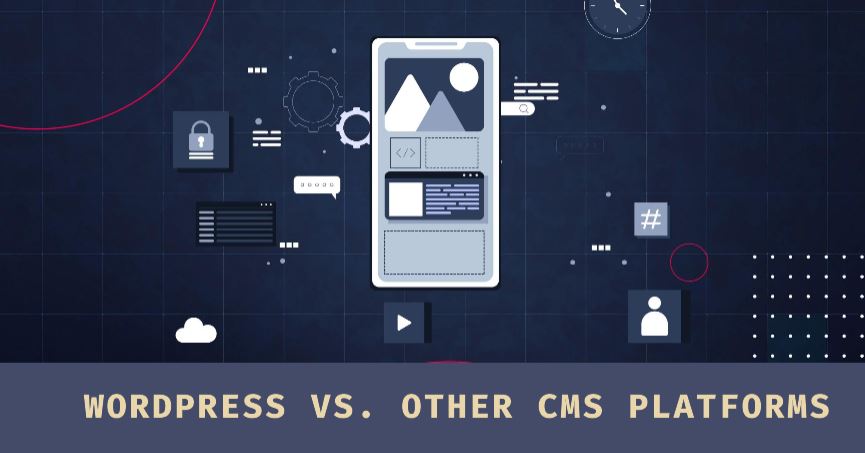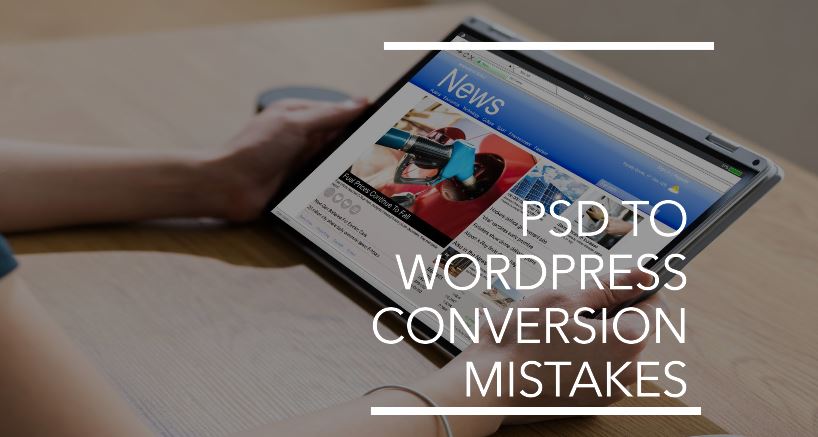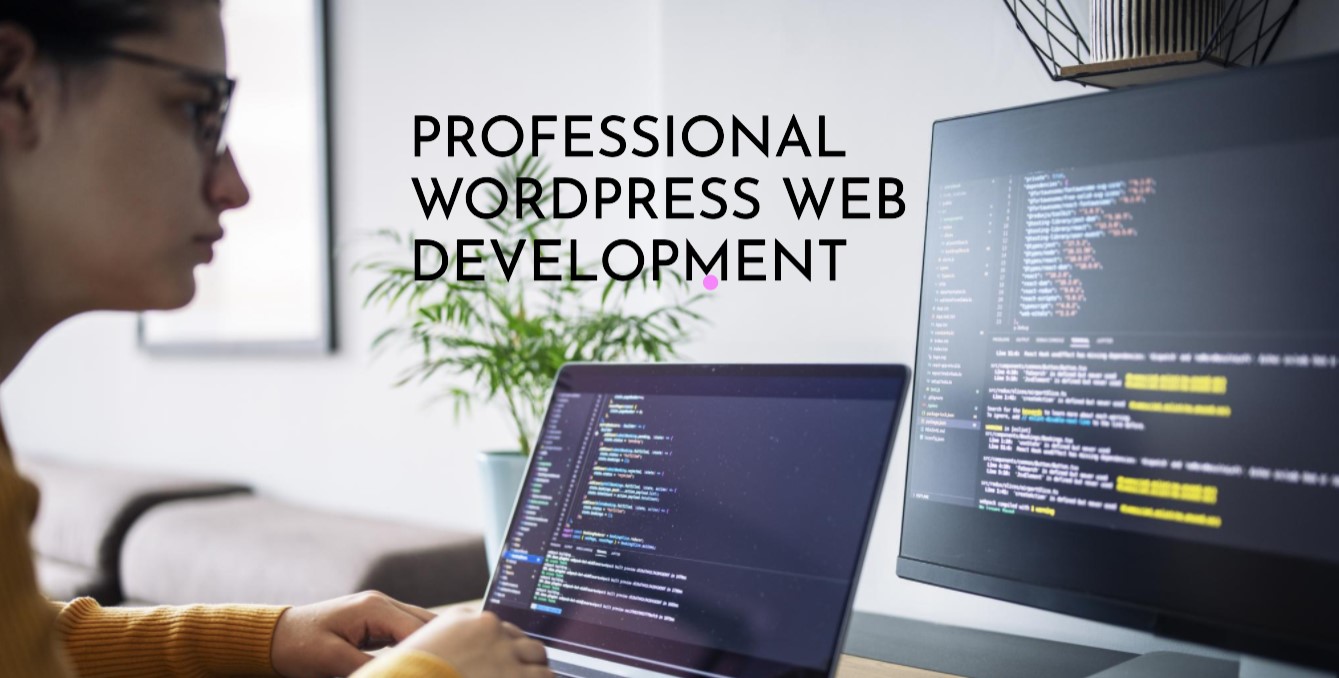Are you in the market to build websites for your brand?
Let me tell you facts.
Building a website is not a piece of cake. It starts off with a solid planning, understanding target audience and finalizing features of the website. That’s a lot!
Not to forget the technical side of the project that you also need to be sorted.
That’s where the Content Management Systems (CMS) come into play. There are multiple options in this regard. The perfect choice of CMS depends on distinctive needs of the individual or enterprise. But, WordPress has proved to be one of the foolproof systems in self-hosted website solutions.
You must be wondering, we just randomly said that WordPress is the best solution, but do we have other alternatives? Will WordPress outperform the rest of its competitors?
In this article, we’ve rounded up our views about the best website hosting platforms and identified who would profit from using them the most. Continue reading if you want to see how WordPress compares to its rivals.
Part 2: What Sets WordPress Apart from its Competitors in terms of Benefits & Capabilities?
WordPress is the largest open-source content management system. It was first introduced as a blogging platform in 2003. It still does have that kind of content organization in the form of posts, pages and categories.
Since 2003, developers have been using it for all types of website development needs. Joomla (2005) and Drupal (2009) came along, but nothing really changed with the acclamation and prevalence of WordPress.
Most of the websites that we come across everyday are built on WordPress. According to a recent statistics report by Cololib, approximately 43% of all the websites on the internet are developed on WordPress. This indicates the popularity of the platform even today.
Despite its widespread use, WordPress isn’t always the best option for your project. Each site-building programme has perks of its own and may provide you with various advantages depending on the situation.
Nonetheless, there are a few features that distinguish WordPress from the others in line. Let’s briefly discover!
-
It is Easy-to-Use
WordPress is the most preferred choice for many due to the ease of use. The intuitive interface of WordPress is hugely praised and can be considered as a selling point. You don’t need to be tech-savvy to develop a website on this platform. Even the noobs can get through this effortlessly. All you need is to select a theme and write, manage and organize content efficiently. You can also handle administration chores without a hassle.
To get started, there are many tutorials available online that come handy in the hour of need. Moreover, you can add plugins too to incorporate customized elements in your pre-existing theme.
-
It is Self-Hosted and Free
Website development platforms offered under the Software-as-a-Service (SaaS) concept have become more and more popular in recent years. The user-friendly interfaces of platforms like Wix and Squarespace draw in users, and their creators emphasize how convenient it is to acquire both the application and hosting service in one bundle.
The drawback is that monthly costs may increase if you want huge visitor volumes or a lot of features. Furthermore, you can’t just delete your data and choose another provider. You have to start over if you’re not happy with the service.
-
It is Search Engine Optimization (SEO) Friendly
WordPress is readily indexed and accessible by search engines, making it SEO-friendly. Increasing the possibility that your website may appear in search results might attract more visitors. Furthermore, custom wordPress development services might help you create a one-of-a-kind website that fulfills your goals and requirements.
-
It is Customizable and Flexible
Customizing projects with CMS systems frequently presents quite a few challenges. In many circumstances, specialized development work or coding abilities you might not have are necessary to get the desired appearance and feel.
Additionally, it offers a wide range of plugins and add-ons. This is for the users to develop personalized websites with the help of pre-existing themes and templates.
Part 3: WordPress vs Other CMS Platforms
In order to decide the right CMS solution, let’s take a take a deep dive into the other alternatives:
Joomla
Another open-source content management system (CMS) with a full feature set for creating websites and online applications is Joomla. Compared to WordPress, it has a higher learning curve but offers more sophisticated features for intricate projects. A few advantages related to Joomla are as follows:
- Robust mechanism for managing users
- Ability to speak in several languages
- Elevated levels of access control
- Vast library of extensions
Drupal
Enterprises of all sizes employ Drupal, a very adaptable and scalable content management system. It is renowned for its sophisticated features and capacity to manage intricate, busy websites. Drupal offers advantages like the following, albeit requiring a greater degree of technical expertise:
- Multi-Site Oversight
- Superior security attributes
- Adaptable choices for API integration
- Enhanced capability for managing content
Shopify
A CMS made especially for e-commerce websites is called Shopify. It offers a comprehensive solution for creating and running internet businesses. Here are a some of Shopify’s main benefits:
- Interface that is easy to use to manage orders, inventory, and items
- A vast assortment of e-commerce templates
- Gateways for integrated payments
- Smooth interaction with apps from third parties
Part 5: Final Verdict
The onset of WordPress vs other CMS platforms can’t be done discussing the prominent feature of WordPress i.e., intuitive interface. It won’t be fair to say that WordPress weighs high only because of its GUI. It is the most important feature but certainly not the only one.
The prime reasons for WordPress popularity is its unique nature of customization, flexibility and support from the community. Ultimately, it comes down to your own requirements and the type of website-building experience you’re looking for.



